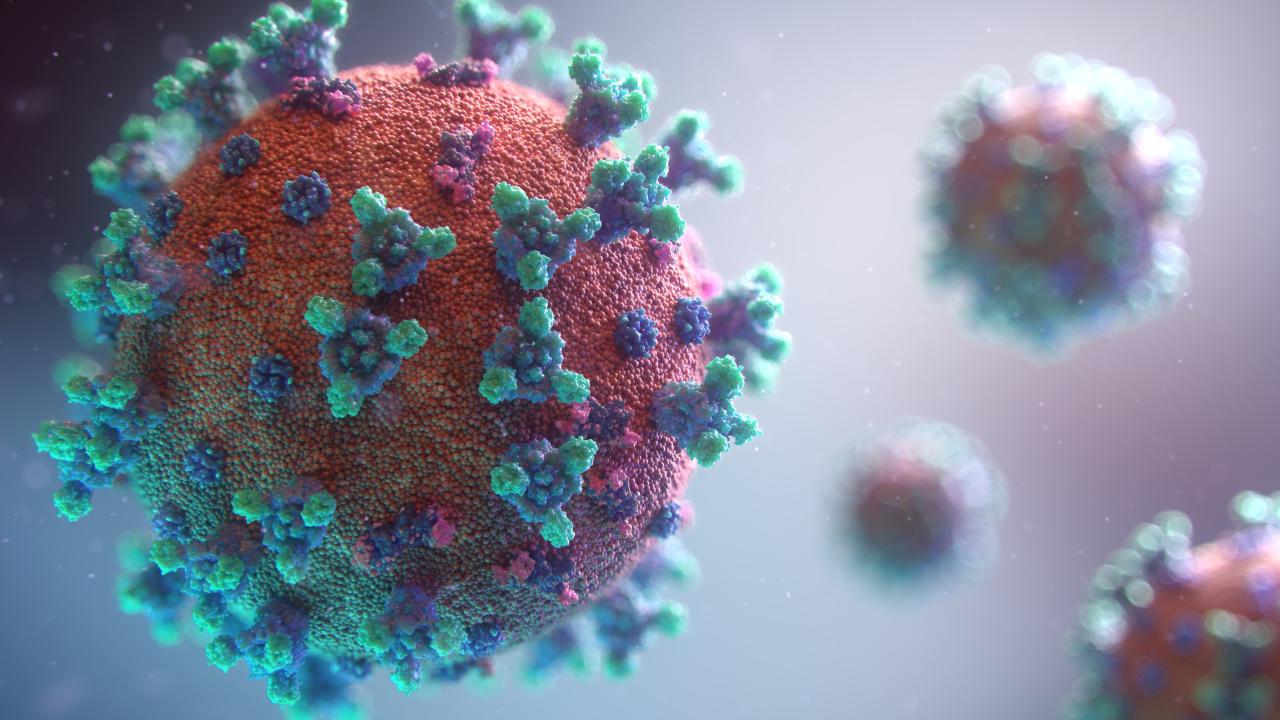We've been hearing about the COVID strains at regular intervals since the start of the pandemic, since November 2019. The virus variants are giving the health authorities a hard time in order to avoid harming our health.
Discover our latest podcast
We are here to explore a few COVID variants and their characteristics.
Origin of the variants
Sars-CoV-2 (the coronavirus responsible for the pandemic) is not the only one to have variants. All viruses evolve over time and mutate. As a virus circulates, the frequency of infection increases and so does its mutation potential.
The majority of mutations do not dangerously affect the virus and therefore go unnoticed. In the case of Sars-CoV-2, the appearance of variants was unexpected by scientists.
Such variants have the potential to emerge and give the parent virus an increase in transmissibility, or an ability to escape vaccines. And this is why these new strains are being analysed and monitored closely.
The many variants
- Alpha variant
- 29% increase in transmission (compared to the original strain)
- Likely increase in risk of hospitalisation by 40-64%.
- Increased risk of death by 30-70
- No observed impact on post-infection or post-vaccination immune escape
- Beta variant
- 25% increase in transmission
- Likely increase in hospital mortality of 20%.
- Significant impact on post-infection and post-vaccination immune escape
- Delta variant
- 97% increase in transmission
- Vaccine resistant
- Increased risk of hospitalisation and risk of severe disease
- Increased risk of death
- Possible decrease in intergenerational interval
- Gamma variant
- 38% increase in transmission
- Possible increase in risk of hospitalisation
- Little data on the impact of vaccines
The Omicron
As the Omicron variant was first identified in November 2021, there are lack of studies on it. However, it appears that the risk associated to the Omicron variant keeps changing, due to its many mutations.
But it is advised by the scientific community and health authorities that citizens must come ahead and take their vaccine shot to contain the spread of COVID.















